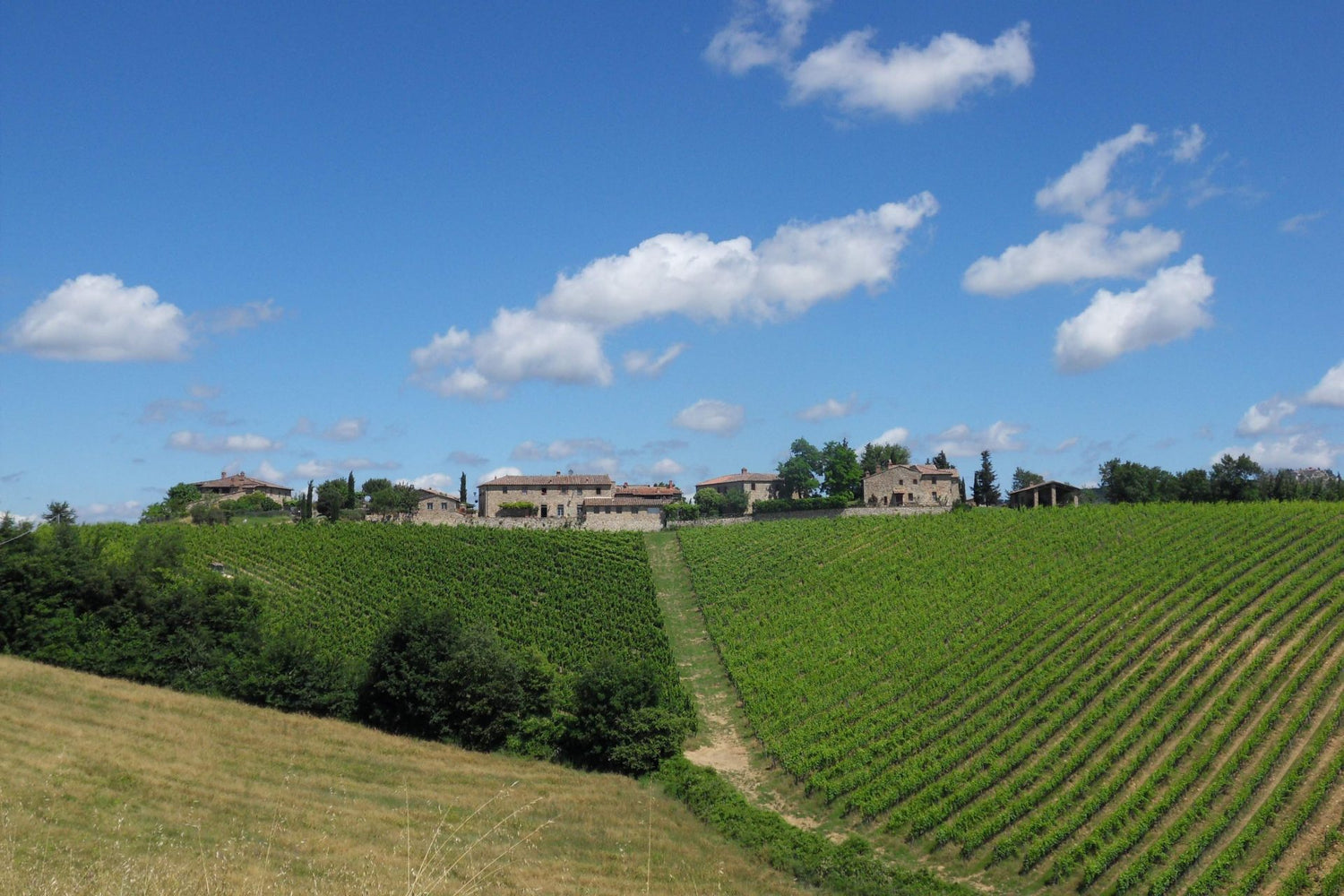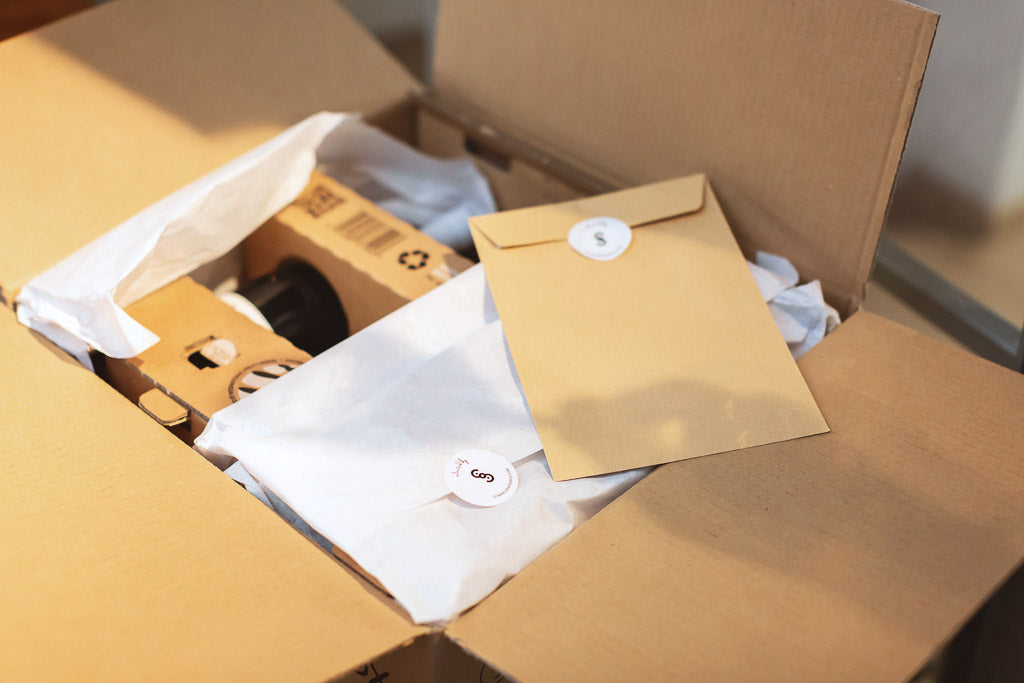Gaiole in Chianti is a small town a few kilometers from Siena, in Tuscany , a land where art and culture live immersed in one of the most famous landscapes in the world. Here, among cypresses and olive trees it is not uncommon to come across a monastery or a small church frescoed with mastery...
Tuscany is a hard land of stone, limestone and clay, of marl and alberese so much so that it is not easy to understand how the forest, the vine, the fig tree, the olive tree can thrive on that thin layer of soil lying on the rock. , the vegetable garden. Land of hills, land of hills, with farms and villas closed to defend interiors and courtyards. Castles and parish churches, abbeys and truncated towers, stone villages and severe palaces.
And land of wine. Noble, elegant, to be enjoyed with the simple but tasty food of Tuscany.
It is in this fortunate land, among its rolling hills, adorned with vineyards and olive groves that the history of the Palazzino began at the end of the nineteenth century.
For centuries the arid and stony soils of Chianti only allowed the cultivation of a few products: the vine and the olive tree, first of all, which found in this environment the optimal conditions for high quality products even if with very low yields.
This is still the panorama that presented itself when I began to take care of my small company. Little by little the ancient farm has been transformed: the spaces once used for sheltering animals now house wooden barrels of various shapes and sizes, cement, wood or steel vats, machinery for processing grapes and wine refinement.
But it is not a sudden change, it is rather a slow modeling and adjustment of one's technical and production choices, as experience pushes one to orient oneself towards the objective of maximum quality , without compromises and with a clear understanding of which direction to go in. and by what means.
In this context, the choice, well defined from the beginning, to pursue maximum qualitative results only with natural products and to defend the vineyard from possible attacks by diseases and parasites with biological means is of no small importance. This approach has also produced an effort to follow new paths and methods different from the usual and recognized biological protocols.
With my son Edoardo's entry into the management of the farm , a new period of experimentation begins in various fields: in the management of the vineyards, where corroborating products are used to encourage the strengthening of the plants' self-defense, in winemaking where they begin to produce wines even without sulphites and innovative materials are being tested for refinement, such as terracotta amphorae.
Alessandro and Edoardo Sderci




